Health
This Is What Happens to Your Body When You Don’t Get Enough Sleep

If you’ve ever found yourself sitting up late at night watching infomercials or endlessly scrolling on your phone, you’re not alone. Research from the National Sleep Foundation has revealed that one in three Americans say their sleep is “poor” or “only fair.”
The Center for Disease Control recommends individuals get seven to nine hours of sleep per night, but many people say they cannot sleep that much due to work or family obligations. Though individual’s needs vary, making sleep a priority is an important step in getting better quality rest. As Dr. Kristen Knutson noted in a study for the National Sleep Foundation,
“Sleep quality and duration should be considered a vital sign, as they are strong indicators of overall health and quality of life.”
But why are people sleeping less?
While there is no one-size-fits-all answer, one main reason people are sleeping less could be that Americans are more stressed than ever. According to a 2017 report by the American Psychological Association, nearly three-quarters of adults (74 percent) say they have experienced at least one symptom of stress in the past month. Another contributing factor is the number of Americans who report having chronic pain. The National Sleep Foundation report found that “pain is a key factor in the gap between the amount of sleep Americans say they need and the amount they’re getting – an average 42 minute sleep debt for those with chronic pain and 14 minutes for those who’ve suffered from acute pain in the past week.”
So, what’s the big deal? I’ll just have a cup of coffee…
If you’re one of the 33 percent of Americans who aren’t getting enough sleep, you’ve likely turned to coffee or energy drinks to help you stay awake at least once. In 2015 and 2016 alone, retail coffee sales in the US were $5.1 billion. Meanwhile, the global energy drink market has become a $43 billion industry. It’s no secret that we’re just plain tired, but what’s the big deal? Not getting enough sleep won’t kill me, right? Wrong!
Sleep deprivation has dozens of side effects — and some are fatal
There’s a reason why doctors recommend getting seven to nine hours of sleep, your life could literally depend on it. Sleep deprivation has been linked to numerous diseases, physical ailments, and medical emergencies.
Sleepiness can make you more irritable.

New research from the University of Iowa found that missing even a couple of hours of sleep each night could make you angrier and reduce your adaptability in certain situations.
The more ‘all nighters’ you pull, the more likely you are to get sick.
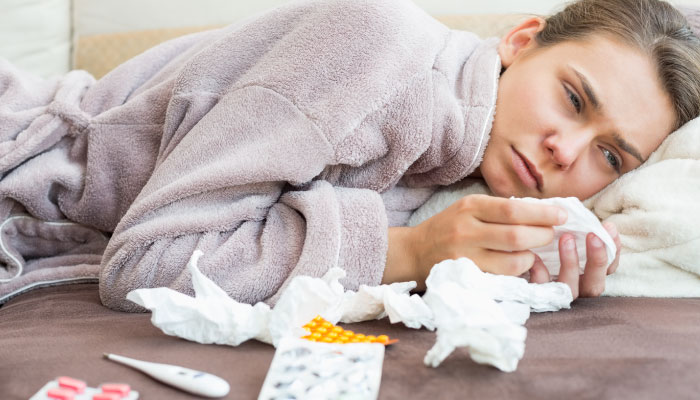
According to Dr. Eric Olson of the Mayo clinic, “Studies show that people who don’t get quality sleep or enough sleep are more likely to get sick after being exposed to a virus, such as a common cold virus. Lack of sleep can also affect how fast you recover if you do get sick.”
It’s trippy, man..
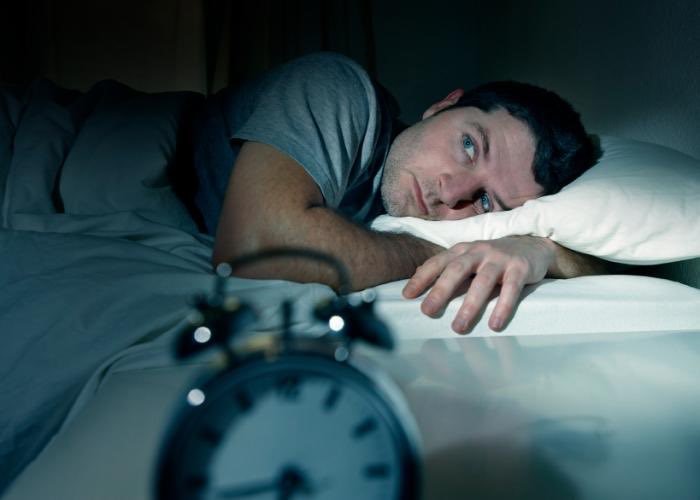
Sleep deprivation has been linked to problems with vision. People who stay awake for extended periods of time experience tunnel vision, double vision, visual errors and outright hallucinations.
You’re not you when you’re tired.

No, it’s not just a funny line from a commercial. A 2012 study found that people have a harder time resisting high-calorie foods when they’re tired. The study concluded, “acute sleep loss enhances hedonic stimulus processing in the brain underlying the drive to consume food, independent of plasma glucose levels. These findings highlight a potentially important mechanism contributing to the growing levels of obesity in Western society.”
Everything sucks when you can’t sleep.
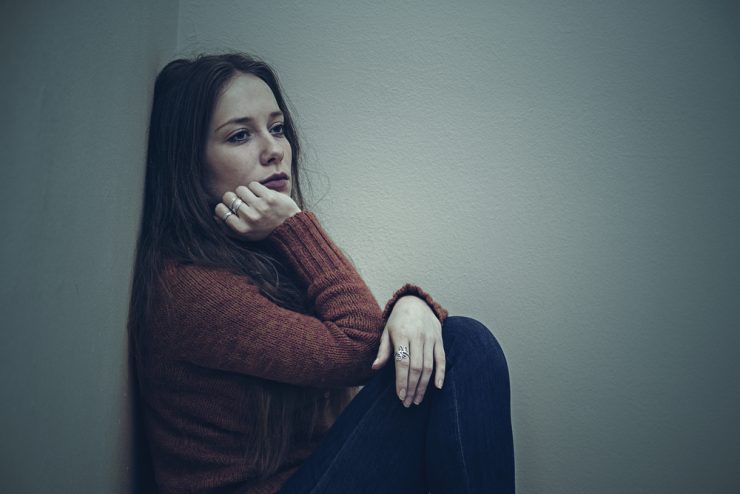
People suffering from insomnia are twice as likely to develop depression as those who get a good night’s sleep. Nobel Prize-winning psychologist Daniel Kahneman also found that not getting enough sleep was a leading factor in affecting a person’s mood the following day.
Oops! Not getting a good night’s sleep makes you more clumsy.

A study on the effects of sleep deprivation on surgeon’s dexterity found that a lack of sleep is similar to having a BAC of .10. The study also noted a 20-32 percent increase in errors made by the surgeons who participated. Another study also found similar effects on athletes who stay awake too long.
“You look tired” isn’t an insult, it’s a sign.
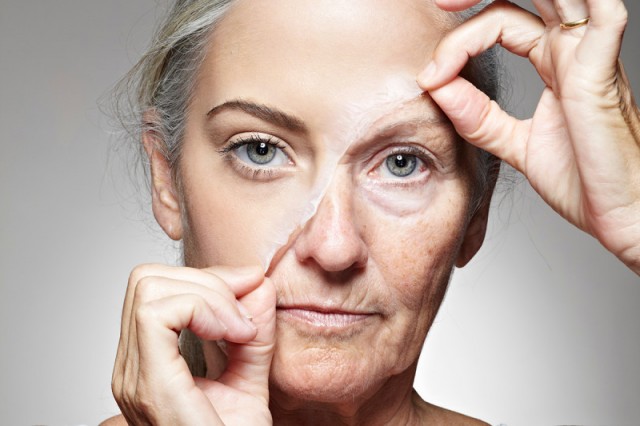
According to the British Association of Dermatologists, when the skin of people who experience poor sleep quality is damaged it doesn’t heal as well, leading to increased signs of skin aging.
Being overtired increases your chances of developing type 2 diabetes — even if you aren’t overweight.
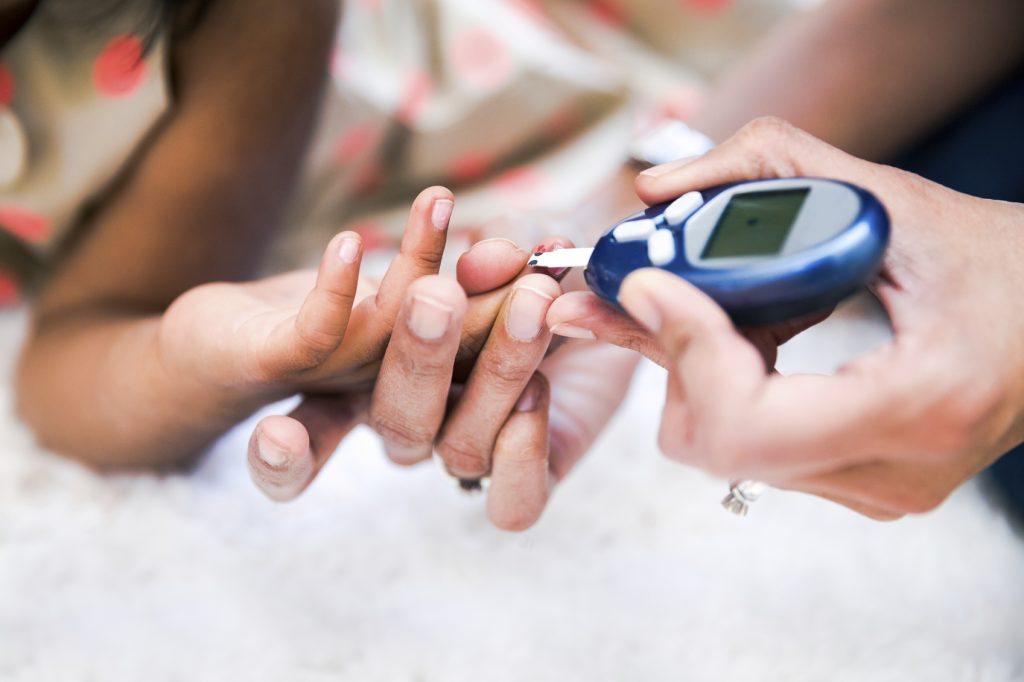
Staying awake when your body tells you it’s tired can affect your metabolism, which increases your chances of becoming insulin resistant, and developing type 2 diabetes. According to researchers, more sleep reduces this risk among both adolescents and adults.
Lack of sleep has been linked with Alzheimer’s disease.
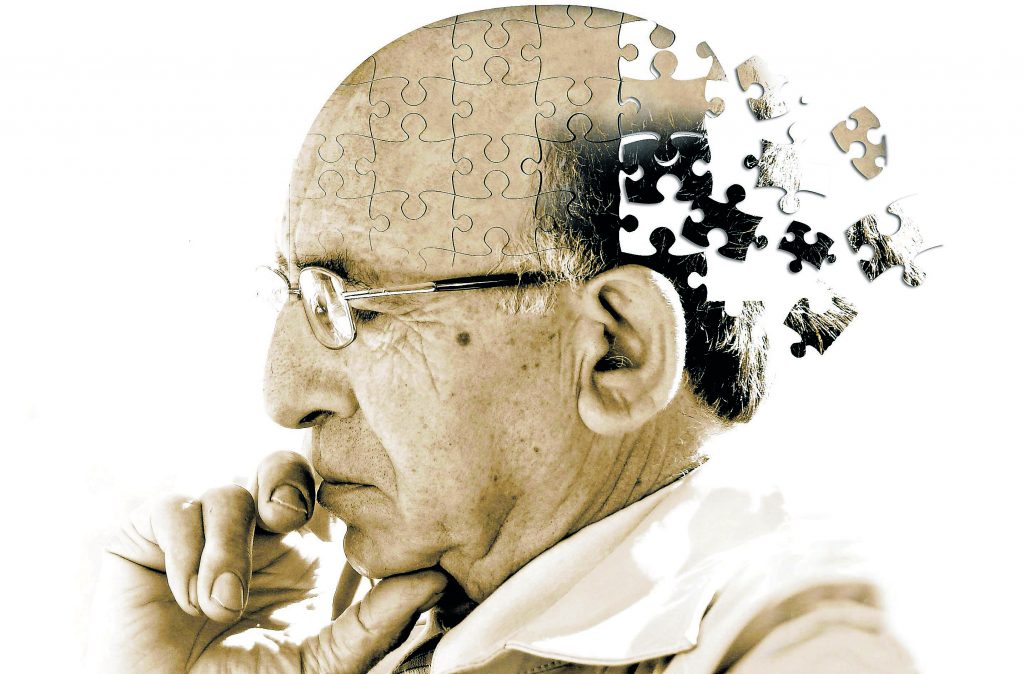
Neuroscientists have discovered that sleep helps flush the brain of a beta-amyloid protein that has been strongly linked to Alzheimer’s disease. An investigation published in JAMA also noted that the protein builds up in people who have disrupted sleep cycles.
Not getting enough sleep increases your chances of getting cancer.

According to an article from Johns Hopkins University, “Disruptions in the body’s biological clock, which controls sleep and thousands of other functions, may raise the odds of cancers of the breast, colon, ovaries and prostate.”
Sleep deprivation can lead to cardiovascular disease.
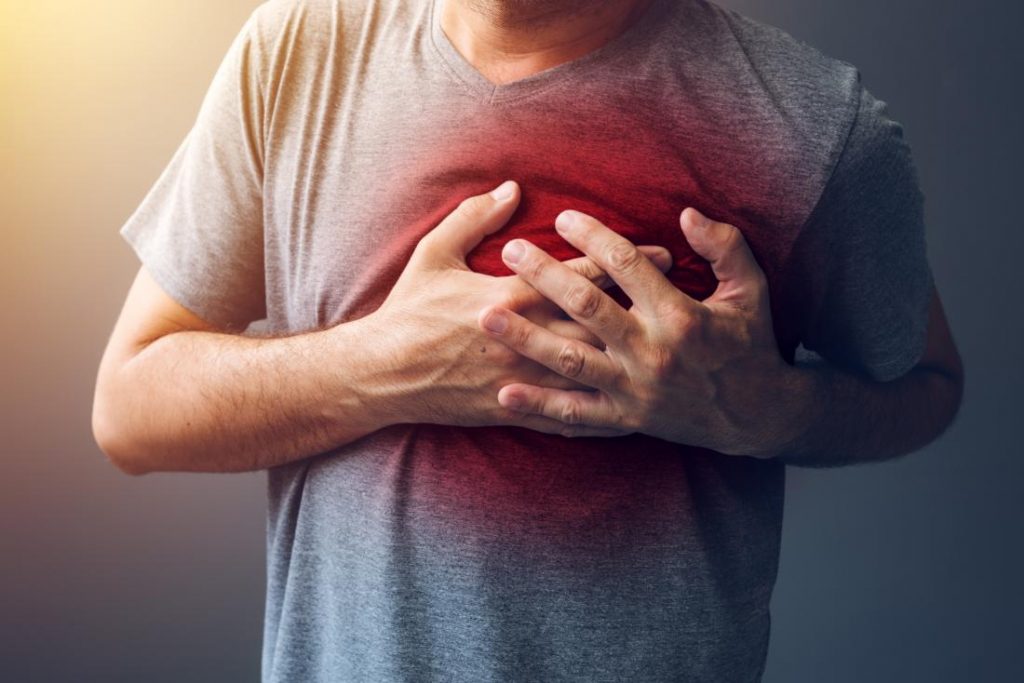
Numerous studies have shown the damage a lack of sleep can do to your heart. According to researchers, “both acute total and short-term partial sleep deprivation resulted in elevated high-sensitivity CRP concentrations, a stable marker of inflammation that has been shown to be predictive of cardiovascular morbidity.”
As healthcare costs continue to skyrocket, it has become more important than ever to take care of ourselves. The inconvenience of going to bed earlier is nothing compared to the rising costs that a lack of sleep could create.
If you or someone you know has trouble sleeping, please share this article with them.
Typos, corrections and/or news tips? Email us at Contact@TheMindUnleashed.com
